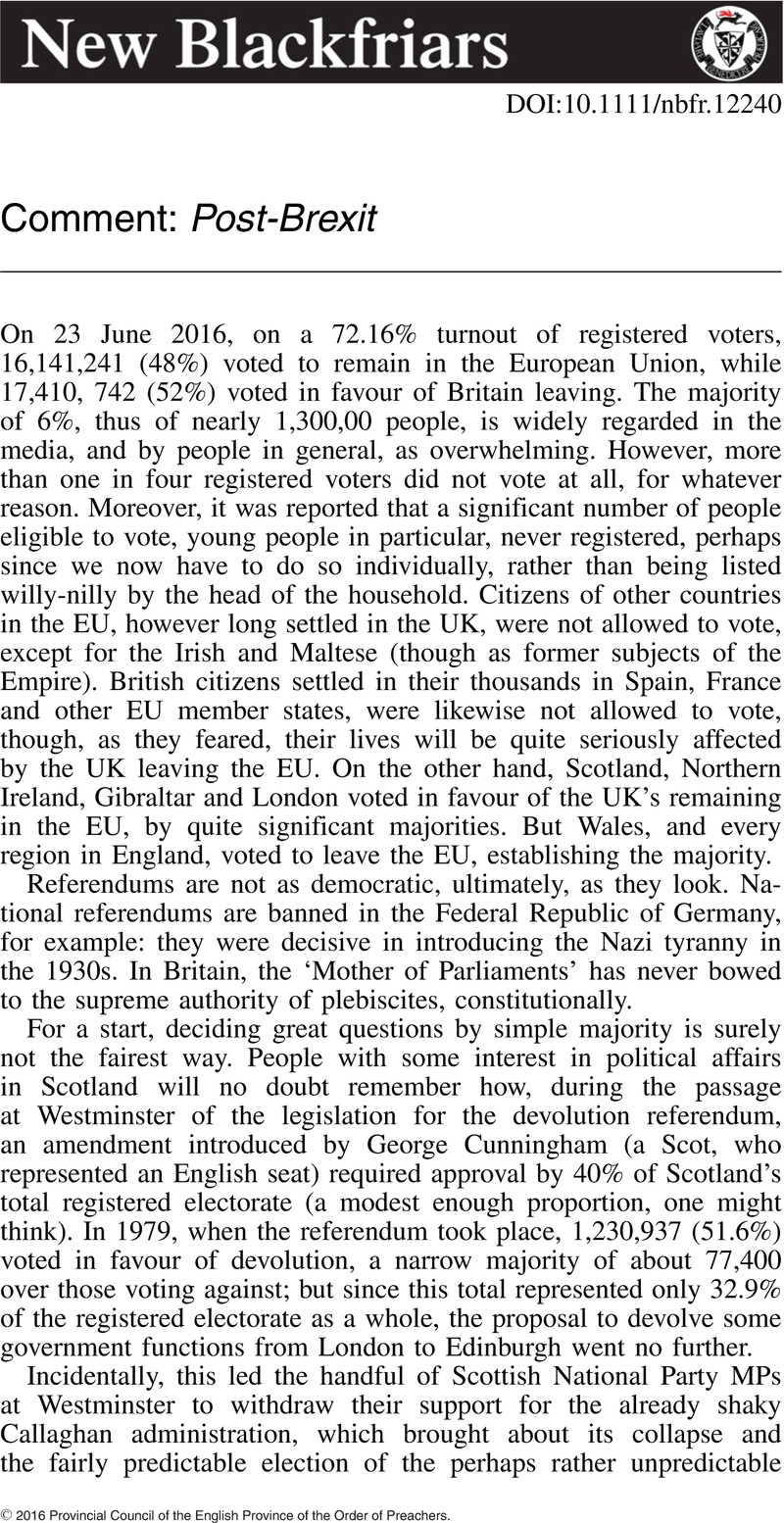Crossref Citations
This article has been cited by the following publications. This list is generated based on data provided by Crossref.
Weißschnur, Sebastian
2021.
The Proportionality of State Intervention.
p.
171.


